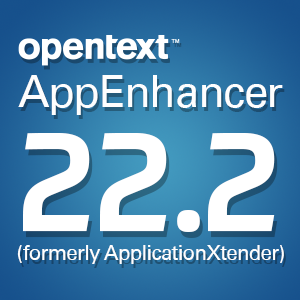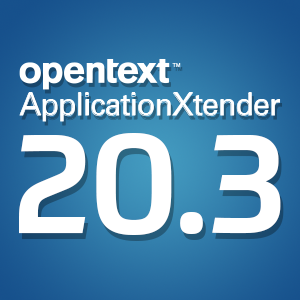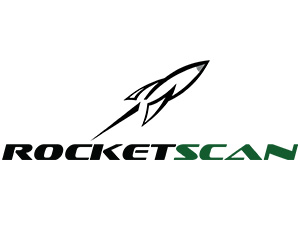EDiscovery regulations demand new technologies for compliance
Thursday, April 25, 2013Many organizations are still struggling to manage compliance with eDiscovery requests as well as other legal investigations due to poor information management. In order to meet ever-tightening demands for these rules, firms will need to deploy the latest electronic document management technologies, which can ensure that data is effectively archived, secure and easily retrieved.
A recent survey by the Compliance Assurance Corporation (CAC) revealed that the majority of current organizational methods for managing new regulatory changes are inadequate. Participants were asked to classify their firms' practices against the five-level "Regulatory Change Management Maturity Model" of governance, risk management and compliance. This framework is designed to measure how mature an enterprise's system for addressing new rules is, from ad hoc to intelligent.
Twenty-eight percent of respondents cited their processes as being fragmented, meaning they lacked consistent structure and demonstrated a disjointed use of technology. Limited visibility and accountability is also characteristic of the fragmented approach. The majority of respondents, 35 percent, classified their enterprise's maturity as managed, which suggests some usage of technology to manage processes but a general inconsistency in terms of lack of integration and content. Only 10 percent of respondents felt their methods are intelligent, which requires business process automation technologies for full oversight and seamless management of change. Jerry Shafran, CEO of CAC, commented on the findings' implications in the insurance industry.
"Even without considering the likelihood of responders over-assessing their organizations' capabilities, these findings are worrisome…To retain a competitive edge, insurers must seek new innovative ways to grow revenues, manage costs and mitigate risks," he said. "Process and technology innovation can drive efficiency while delivering tangible benefits to the business and more open engagement between compliance and the organization's business owners."
New solutions ease management
Fortunately, emerging digital technologies can enable organizations to gain greater control over records management. In an interview with The Metropolitan Corporate Counsel, Scott Giordano, corporate technology counsel at Exterro, explained that he has witnessed an endless number of eDiscovery cases that demonstrate the severity of legal hold errors.
"For this reason, homegrown systems, spreadsheets and emails are no longer sufficient for managing the ESI preservation process," he told the source. "[Electronic legal hold systems] are automating a critical business process and helping in-house legal teams proactively control one of the most important phases of eDiscovery."
By proactively seeking new eDiscovery solutions for advanced archiving of electronic records, organizations can more rapidly meet changing regulatory requirements and minimize any related consequences or costs of noncompliance.
Brought to you by Image One Corporation providing complete information governance since 1994.




